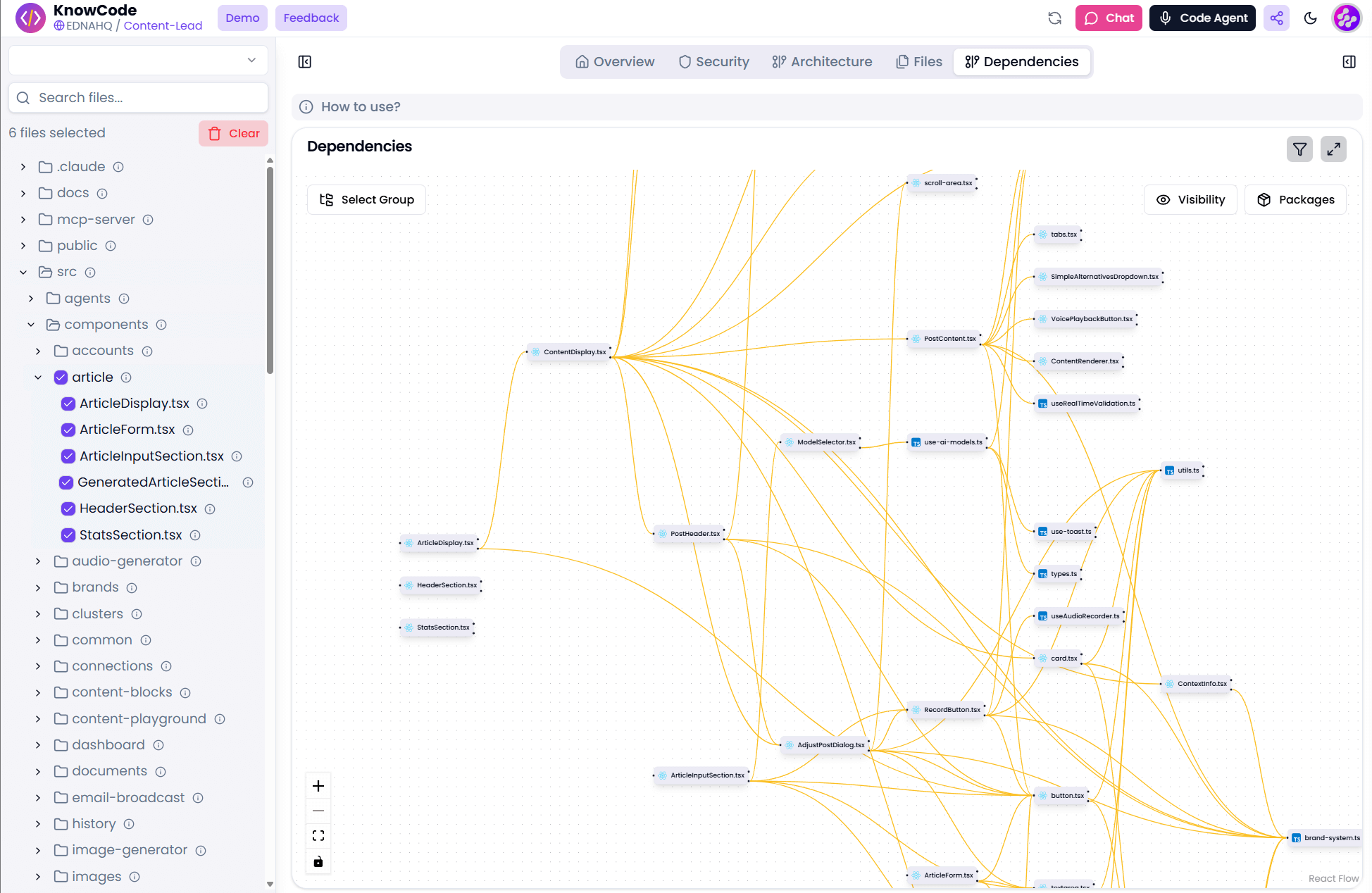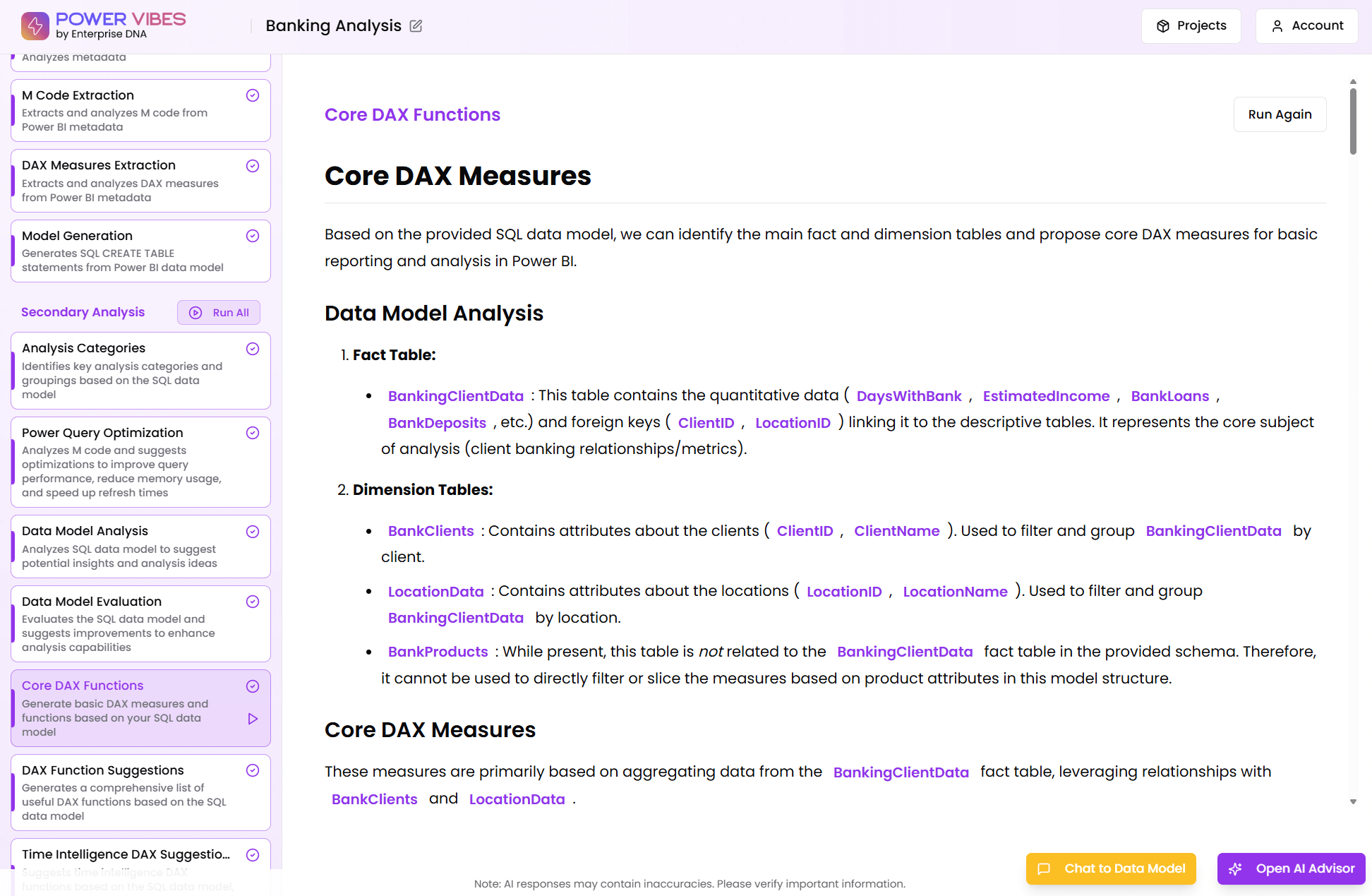DAX Function Guide
NORM.DIST
Sam McKay
CEO & Founder
How does the NORM.DIST work?
NORM.DIST Formula Syntax
NORM.DIST(
X, Mean, Standard_dev, Cumulative
)
How do you use the NORM.DIST?
This function will calculate the probability that variable x falls below or at a specified value. That is, it will calculate the normal probability density function or the cumulative normal distribution function for a given set of parameters.
Related Blog Posts
Loading
Considerations when using the NORM.DIST?
The NORM.DIST uses the following arguments:
- X (required argument) – This is the value for which we wish to calculate the distribution.
- Mean (required argument) – The arithmetic mean of the distribution.
- Standard_dev (required argument) – The standard deviation of the distribution.
- Cumulative (required argument) – This is a logical value. It specifies the type of distribution to be used: TRUE (Cumulative Normal Distribution Function) or FALSE (Normal Probability Density Function).
We can use 1 for TRUE and 0 for FALSE when entering the formula.
Related Video Tutorials
Loading
Formula examples using the NORM.DIST
EVALUATE { NORM.DIST(42, 40, 1.5, TRUE) }
=NORM.DIST(A2,A3,A4,FALSE)
=NORM.DIST(A2,A3,A4,TRUE)
Related Courses
Loading










